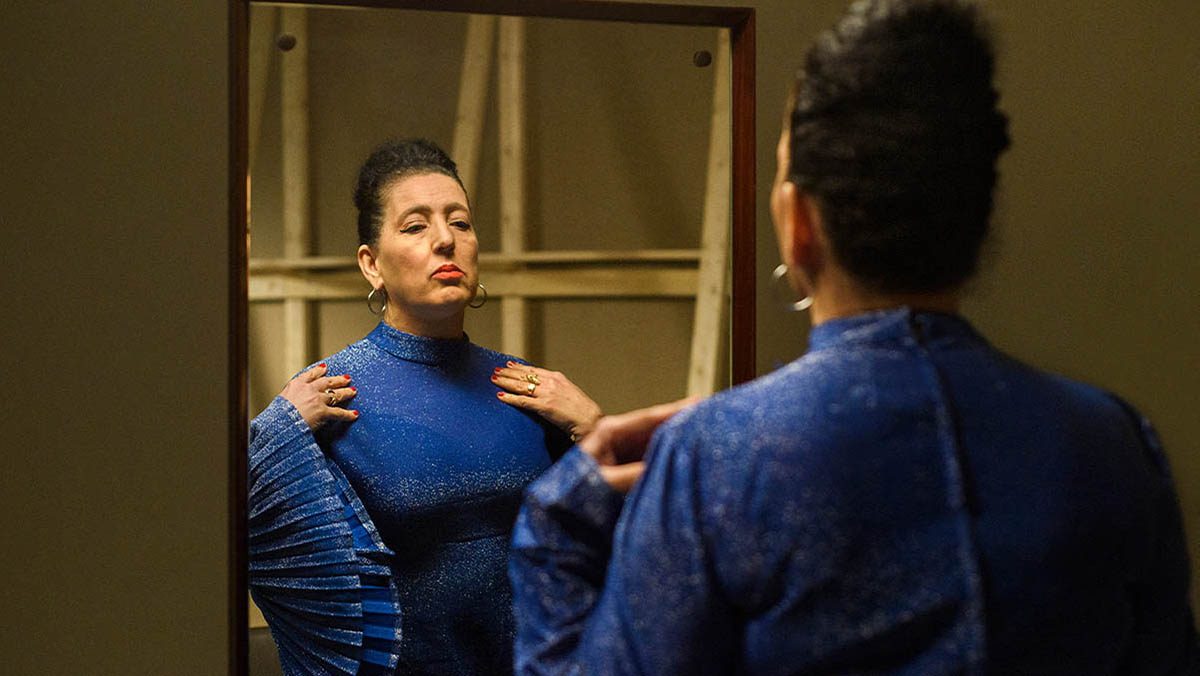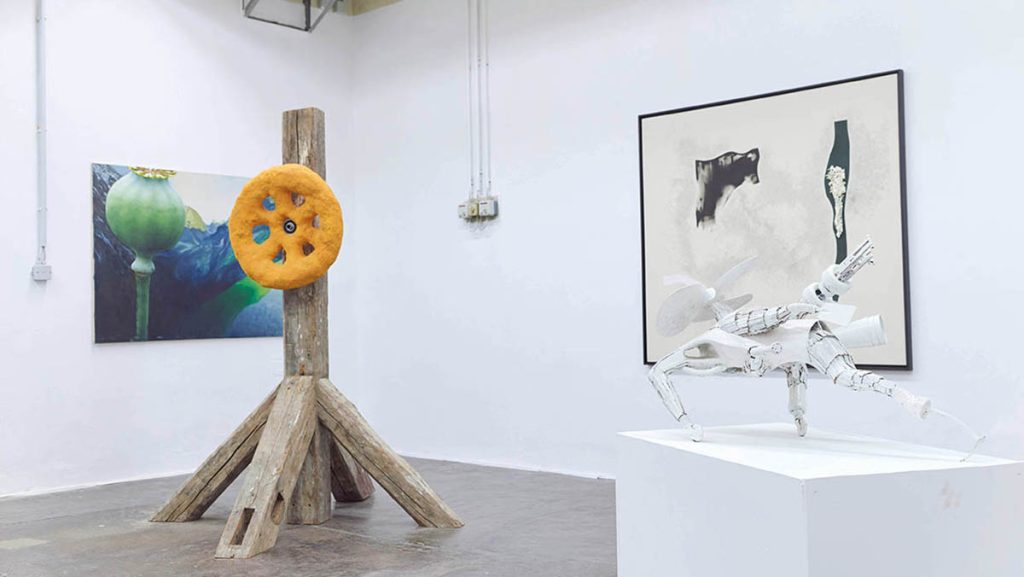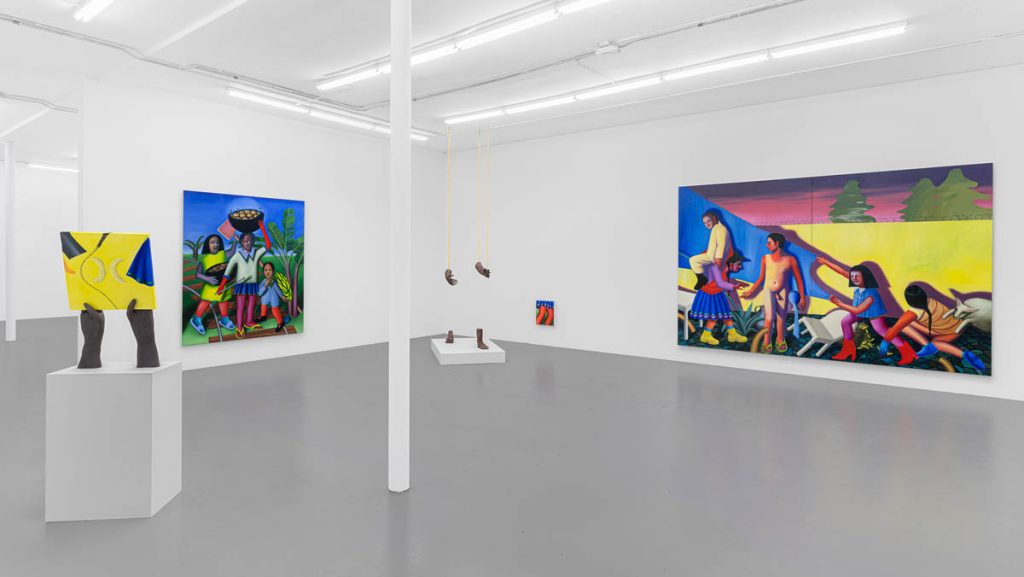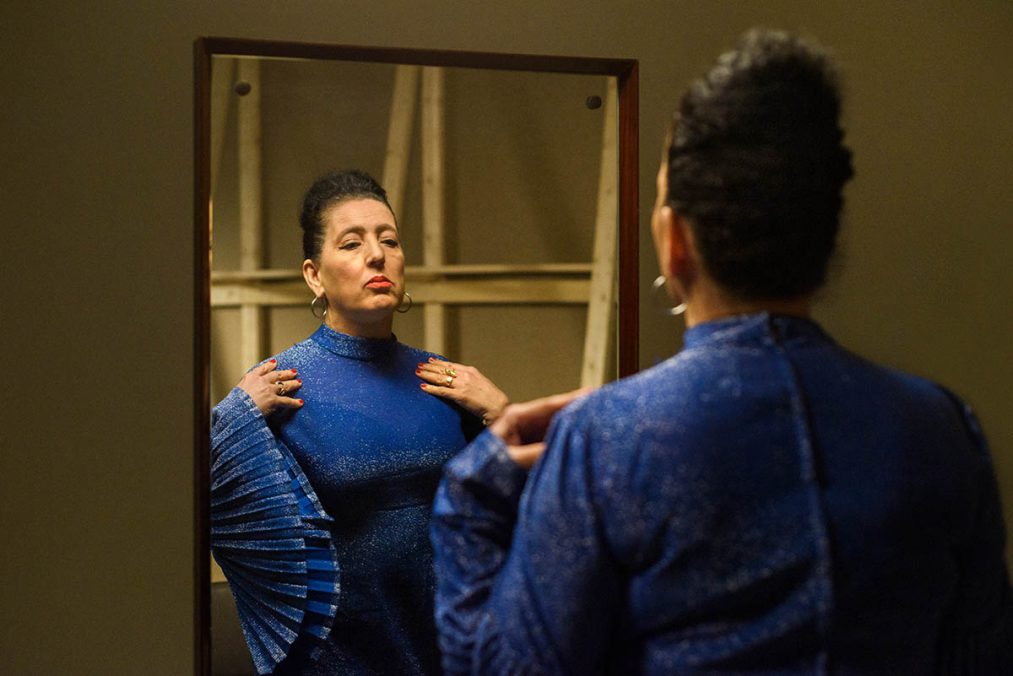
With the spirit of cultural and political activism that drove the filmmaking of the 1960s and 1970s, in France, Italy and Algeria, as her starting point, the artist will embrace themes imbued with universality, themes that are incredibly relevant today, including the fight against discrimination and racism, decolonisation, freedom, solidarity and identity, as well as family. To realise this project, Zineb Sedira has surrounded herself with three curators, each of whom is also, and perhaps above all, part of her immediate intellectual and artistic family: Yasmina Reggad and the duo formed by Sam Bardaouil and Till Fellrath.
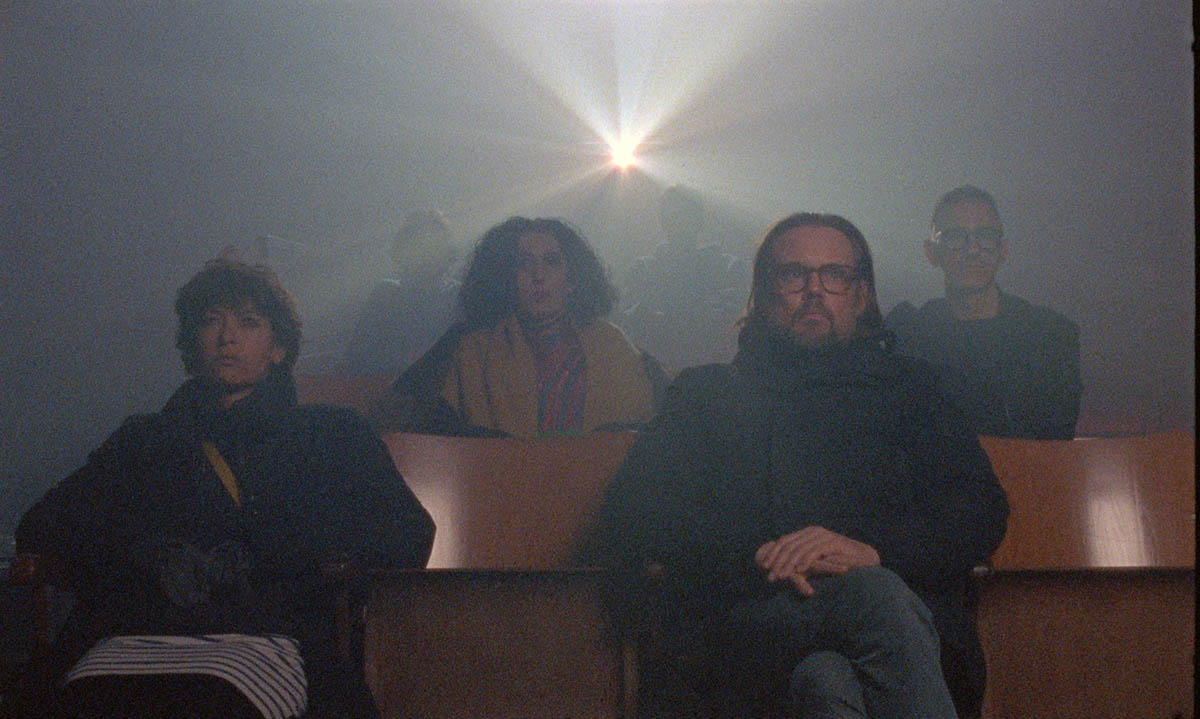
Zineb Sedira’s project for the French Pavilion has its fingers on the pulse of the time. Revisiting a moment of prolific film co-productions between Algiers, France and Italy, the exhibition highlights the impact that several films from the long 1960s had on the emancipatory drive underscoring several post-colonial projects. At the heart of the installation that Zineb has conceived, lies a masterly crafted interplay between fact and fiction where elements of Zineb’s personal biography are interwoven with with pivotal scenes from iconic films of that period. In an ensemble of film, photography, sound, sculpture, and collage, an immersive environment emerges that is informed by a not-so-distant past, with a keen eye on deconstructing the contested politics of the present.
Yasmina Reggad, Sam Bardaouil and Till Fellrath, curators: From the beginning of her career, Zineb Sedira has developed a polymorphic practice, borrowing in turn from autobiographical narrative, fiction and documentary. In Venice, city of the Biennale of Art and the Film Festival, Zineb Sedira will reveal her passion for the cinema of the 1960s and 1970s, when the first co-productions between France, Italy and Algeria appeared. At the time, the latter’s film production was growing, and driven by a desire for international cultural exchanges, it benefitted from the support of established French and Italian professionals. Research for the pavilion project led Zineb Sedira to find Les mains libres (or Tronc de figuier) in Italy, realised by the Italian director Ennio Lorenzini in 1964.
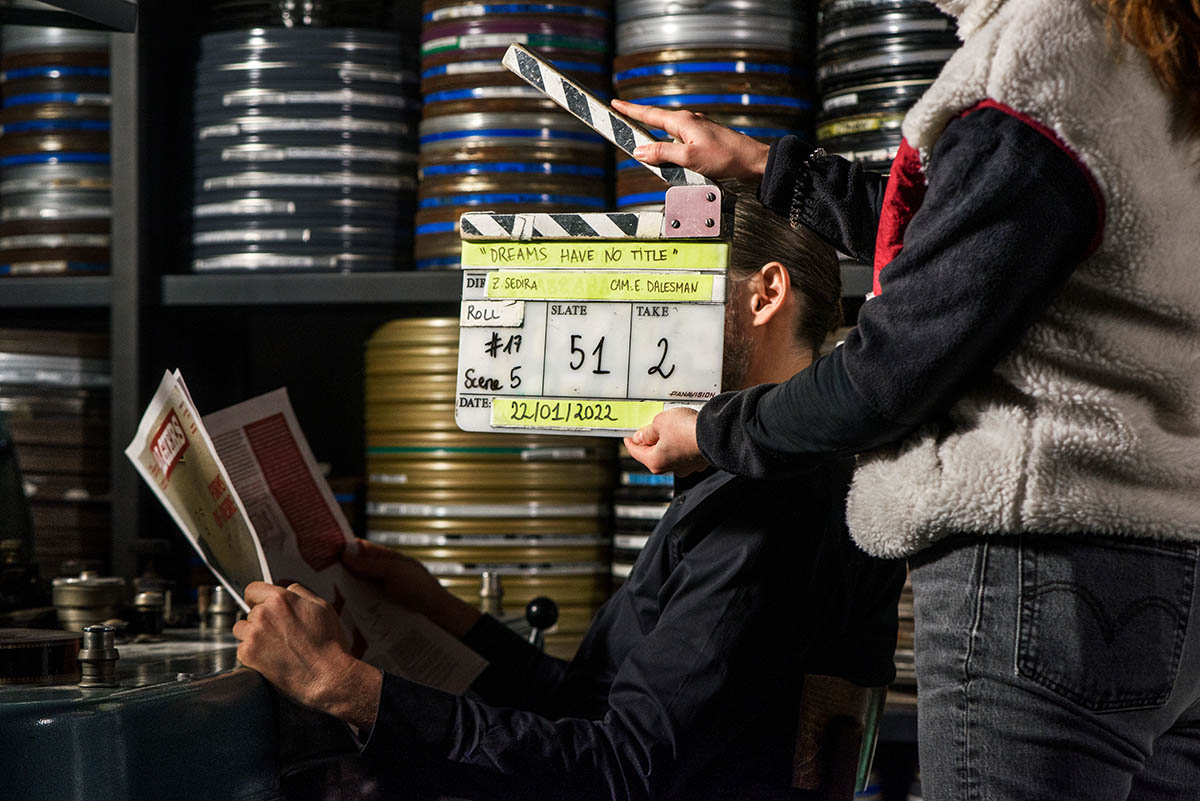
This portrait of a newly liberated young state that had just won its freedom was the first feature-length film produced in independent Algeria. Screened at the Festival de Cannes, in Italy and Algeria, it then disappeared from screens and from memory. The new multiform work for the French Pavilion will bear witness to these intellectual and artistic solidarities, which were important parts of the utopias of the 1960s, to question decolonisation, notions of identity, acceptance of the other, memory, and to look at collective and individual histories from multiple angles.
Zineb Sedira often blends elements from her own life, connecting her family, both by blood and by choice, to reach a universality through her own experiences thanks to her artistic practice.
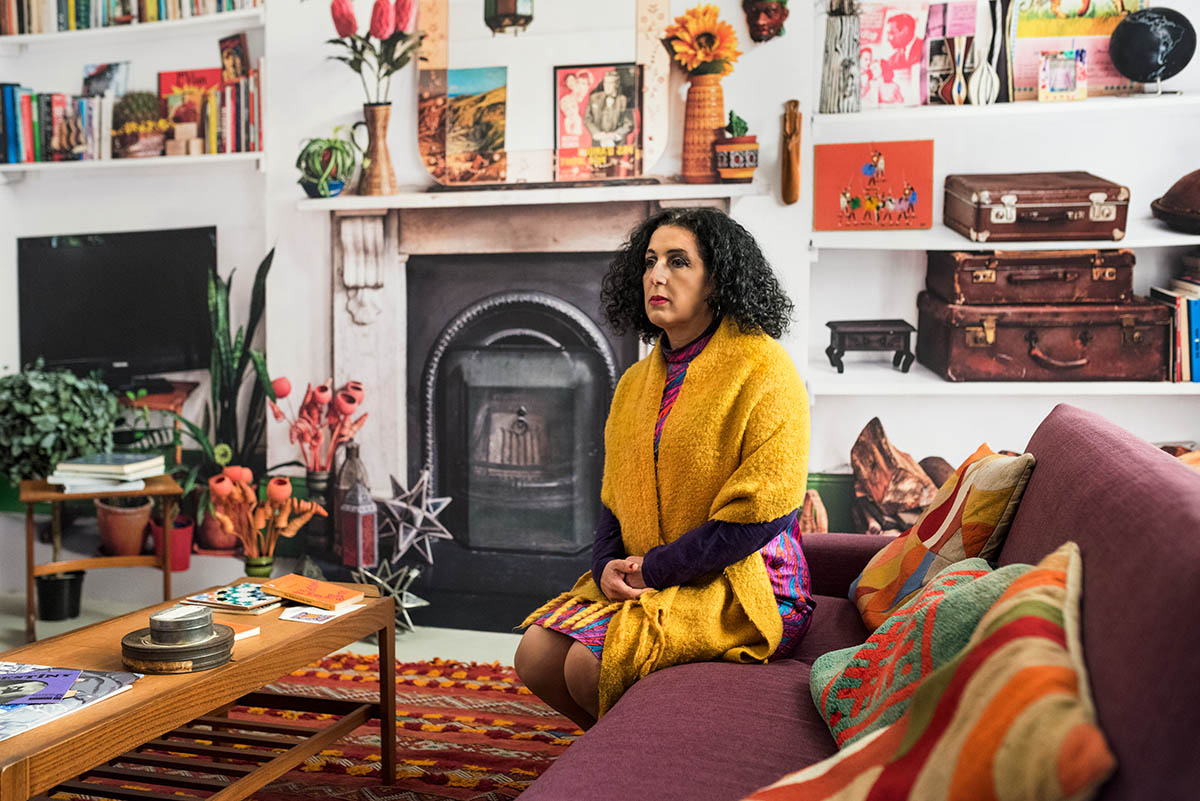
The project in Venice will be an opportunity for the artist to create an immersive experience blurring the boundaries between fiction and reality. The research that Zineb Sedira has carried out for more than two years in preparation for the Biennale Arte 2022, will be showcased, alongside her intellectual and artistic entourage, in three journals. A nod to the activist magazines of the 1960s, these publications will introduce the public to a multitude of references and questionings, inspiring curiosity and deepening the subject. The first issue will be launched at a press conference. Zineb Sedira was selected for the French Pavilion in 2019 by a specialist committee chaired by Charlotte Laubard (art historian and curator, professor and head of the visual arts department, Haute Ecole d’Art et de Design de Genève – HEAD).




